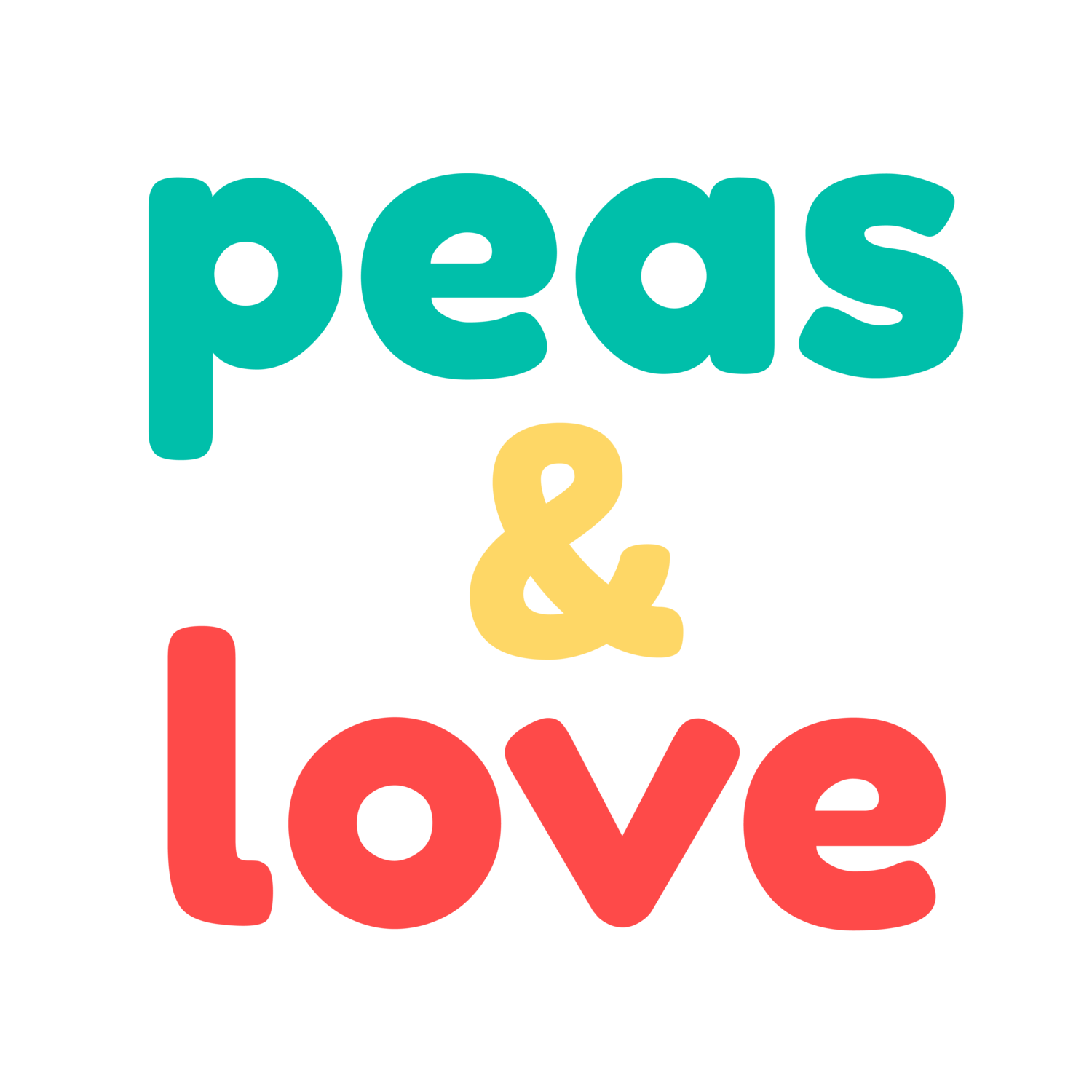When my daughter was born, I thought that feeding my own child would be a piece of cake. Yeah, right…
I fondly imagined an idyllic childhood fuelled by kale chips and green smoothies. I was sure I could shield my daughter from junk food and fizzy drinks until she was at least 21…
All was on track until my daughter turned two, when overnight she decided that if the food wasn’t BEIGE then she WASN’T EATING IT.
Mealtimes were a nightmare. Despite my training and experience as a professional nutritionist, I felt helpless. All the tricks I tried only worked temporarily and often seemed to make things worse.
“Amazing feeling of relief”
I started researching. I knew there had to be a better way and when I began studying the psychology of eating, I had a real eureka moment.
The emotional, behavioural and psychological factors that underpin so-called ‘picky eating’ are complex. The methods that can help your child through these phases seem counter intuitive at first, especially to those of us who grew up being told, “You stay at the table until you clean your plate!”
But as I began to see the progress we were making together as a family, I realised that by changing to a more positive mindset, we’d given our daughter space to relax and start enjoying food again.
I decided to set up Peas & Love because I wanted others to experience the amazing feeling of relief when you realise you can stop worrying about mealtimes.
“A responsive and responsible approach”
My perspective is that eating is a social skill we need to teach children, just as we do with walking, reading and tying their shoelaces. With good guidance and positive encouragement, children can benefit from a lifetime of healthy enjoyment around food.
I regularly attend advanced training and professional conferences, such as the intensive course run by Jo Cormack, the child therapist, picky eating researcher and author of the bestselling “War and Peas”. This course, Emotionally Aware Feeding for Health Professionals, focuses on a responsive approach to childhood feeding difficulties – an approach that we advocate here at Peas & Love.
Please note: on occasion a consultation has revealed that a child has additional needs that are not possible to address exclusively through Peas & Love’s approach. I have extensive experience of working in integrated care teams so, in these cases, will refer the child to the appropriate service, whether that’s their GP, a child therapist or another relevant professional.



